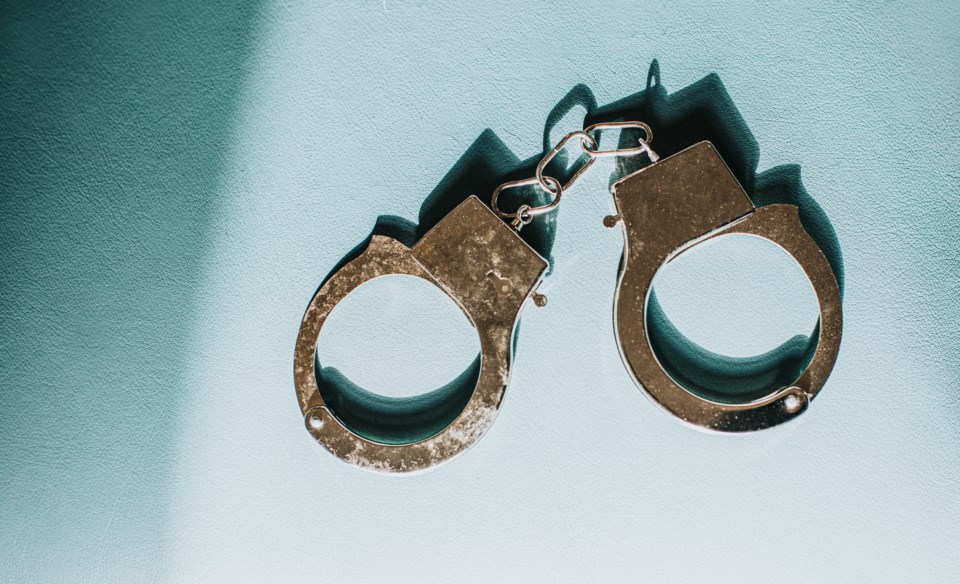In 1993, Republican party candidate Rudy Giuliani won the mayoral election in New York City. Four years earlier, Giuliani came very close to defeating Democratic party candidate David Dinkins. In his second campaign, Giuliani made it a point to claim that crime was rising across all boroughs.
The statistics that were available at the time suggested that the situation was not as dire as Giuliani described. In any case, Giuliani connected well in specific areas of the city to earn the win.
In less than a year, all B.C. municipalities will select their mayors and councils for the next four years. The buzzwords for Vancouver’s nascent political parties are all about hope. Progress.
Livable. Better. While a neighbouring municipality is currently governed by a mayor and councillors belonging to the Safe Surrey Coalition, the emergence of a Giulliani-esque anti-crime party in Vancouver seems distant.
For the past few weeks across Metro Vancouver, social media users have been subjected to daily images of broken windows, discarded needles and ransacked vehicles. When Research Co. and Glacier Media asked British Columbians about the level of criminal activity in their community over the past four years, 44% say that it has increased, 40% think it has remained the same and only 4% claim it has decreased.
The numbers can appear troubling, as those saying crime is rising outnumber those who say it is declining by an 11-1 margin. The situation, however, is not significantly different from what we saw in November 2020, when 42% of British Columbians said crime was increasing and only 7% stated that it was decreasing. In Metro Vancouver, 41% of residents believe that crime has risen over the past four years. The perceptions are slightly lower in the Fraser Valley (39%) but higher in northern B.C. (44%), southern B.C. (53%) and on Vancouver Island (54%).
Across British Columbia, one in five residents (19%) say they were the victims of a crime involving the police (such as an assault or a car break-in) in their community. This is practically unchanged since 2020. So far, we have three statistics – perceptions, reported crime and bans on weapons – that did not go through severe fluctuations since 2020. The situation changes when we ask British Columbians if they fear becoming victims of crime in their community. In December 2020, 42% of the province’s residents felt this way “a great deal” or “a fair amount.” This month, the proportion rose by six points to 48%.
Last year, 68% of British Columbians said they would feel “very safe” or “moderately safe” walking alone in their neighbourhood after dark. This month, the proportion fell by five points to 63%.
Almost half of British Columbians (48%, up three points) believe addiction and mental health issues are to blame “a great deal” for the current situation regarding crime and public safety in their community, followed by gangs and the illegal drug trade (38%, unchanged).
Fewer residents point the finger primarily at poverty and inequality (31%, up five points), an inadequate court system (30%, up four points), lack of values and an improper education for youth (27%, up three points), bad economy and unemployment (20%, up one point), insufficient policing and a lack of resources to combat crime (20%, up four points) and immigrants and minorities (9%, unchanged).
Our survey shows that there are some segments of the population that could be moved by a municipal candidate’s stance on crime. Still, there is a need for caution. In urban areas, anyone trying to replicate the Giuliani strategy would face backlash from residents. British Columbians in 2021 are not New Yorkers in 1993. We are looking at mental health and addiction as the root causes of crime. Vilifying a group for its choices, which worked brilliantly as a political strategy for Giuliani, is not something a mayoral candidate would be able to replicate in British Columbia.
Results are based on an online study conducted from November 1 to November 3, 2021, among 800 adults in British Columbia. The margin of error, which measures sample variability, is plus or minus 3.5 percentage points, 19 times out of 20.
Mario Canseco is president of Research Co.



